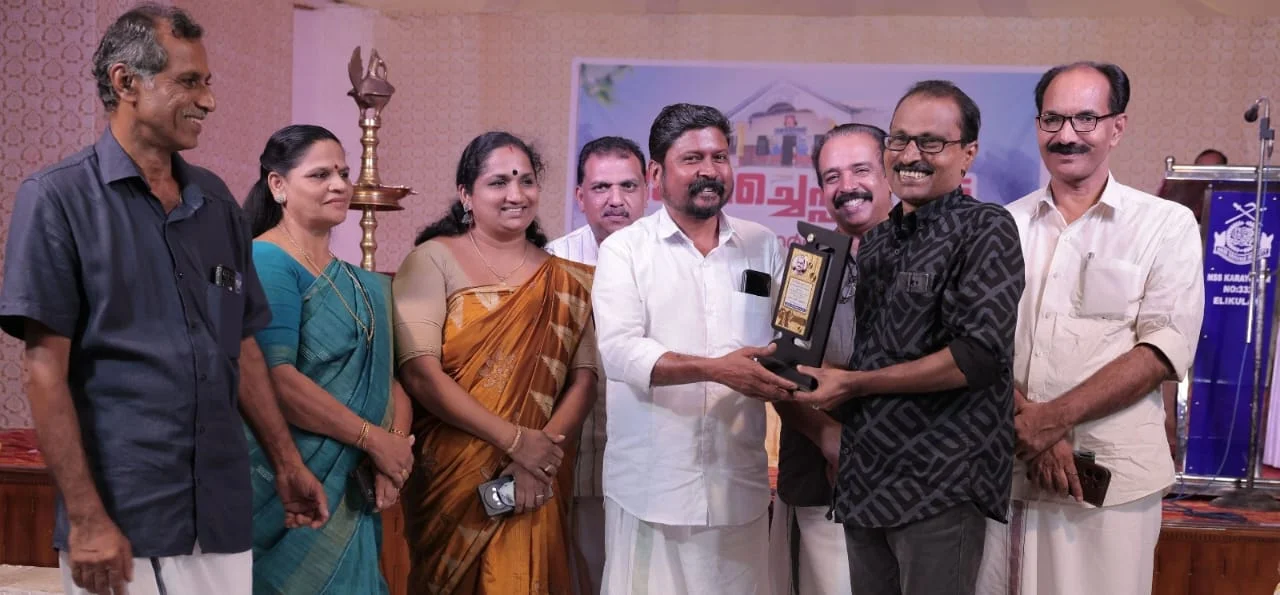Sustainable Healthcare Practices
The Arab world is at a critical junction in its healthcare journey, with sustainability emerging as a key focus for building resilient and effective healthcare systems. Recent developments, particularly highlighted at the Arab Health 2024 conference, highlights the region’s commitment to creating healthcare practices that are not only efficient and high-quality but also environmentally responsible and economically viable in the long term.
Driving Forces Behind Sustainable Healthcare
Several factors are propelling the push towards sustainable healthcare in the Arab world:
- Population Growth and Changing Demographics: Many Arab countries are experiencing rapid population growth and an aging population, increasing the demand for healthcare services.
- Rising Healthcare Costs: The need to manage escalating healthcare expenses while maintaining quality is a significant challenge.
- Environmental Concerns: There’s growing awareness of the healthcare sector’s environmental impact, from energy consumption to medical waste.
- Technological Advancements: The integration of innovative technologies offers new opportunities for efficiency and sustainability.
Key Areas of Focus
To build resilient and sustainable healthcare systems, Arab countries are concentrating on several key areas:
- Reducing Environmental Footprint
Healthcare facilities are major consumers of energy and producers of waste. Efforts to reduce this environmental impact include:
- Adopting energy-efficient technologies and renewable energy sources
- Implementing waste reduction and recycling programs
- Using eco-friendly medical products and supplies
For instance, at Arab Health 2024, GE Healthcare showcased an MRI machine that uses 80% less helium, a finite natural resource, compared to standard models.
- Embracing Digital Health Solutions
Digital health technologies are playing a crucial role in creating more sustainable healthcare systems:
- Telemedicine and remote monitoring reduce the need for patient travel, lowering carbon emissions
- AI and big data analytics improve diagnostic accuracy and treatment efficiency
- Electronic health records minimize paper waste and improve care coordination
- Strengthening Primary Care
A robust primary care system is fundamental to sustainable healthcare:
- It focuses on prevention and early intervention, reducing the burden on hospitals
- It provides more cost-effective care for chronic diseases
- It improves overall population health, reducing long-term healthcare costs
- Promoting Public-Private Partnerships
Collaboration between the public and private sectors is crucial for:
- Mobilizing resources for healthcare infrastructure development
- Driving innovation in healthcare delivery
- Sharing best practices and expertise
- Investing in Healthcare Workforce
A well-trained, motivated healthcare workforce is essential for sustainable healthcare:
- Upskilling programs to keep pace with technological advancements
- Improving working conditions to retain healthcare professionals
- Promoting a culture of continuous learning and innovation
- Emphasizing Preventive Care and Wellness
Shifting focus from treatment to prevention is a key sustainability strategy:
- Public health campaigns to promote healthy lifestyles
- Regular health screenings and vaccinations
- Community-based health programs
Challenges and Opportunities
While the path to sustainable healthcare in the Arab world is promising, it’s not without challenges:
- Data Sharing and Privacy: While data sharing is crucial for informed decision-making and research, privacy concerns and regulatory barriers need to be addressed.
- Resource Allocation: Balancing immediate healthcare needs with long-term sustainability investments can be challenging, especially for countries with limited resources.
- Cultural and Behavioral Change: Shifting towards more sustainable practices often requires changes in deeply ingrained behaviors and cultural norms.
- Technological Adoption: While technology offers many solutions, ensuring equitable access and overcoming the digital divide remains a challenge.
However, these challenges also present opportunities:
- Innovation: The need for sustainable solutions is driving innovation in healthcare technology, processes, and business models.
- Economic Growth: The focus on sustainability is creating new markets and job opportunities in green healthcare technologies and services.
- Regional Collaboration: Sustainability challenges are encouraging greater cooperation among Arab countries, fostering knowledge sharing and joint initiatives.
The Road Ahead
Building sustainable healthcare systems in the Arab world requires a multifaceted approach:
- Policy and Regulation: Governments need to enact policies that incentivize sustainable practices and set clear sustainability targets for the healthcare sector.
- Education and Awareness: Healthcare professionals, patients, and the general public need to be educated about the importance of sustainable healthcare practices.
- Investment in Research and Development: Continued investment in research is crucial to develop innovative, sustainable healthcare solutions tailored to the region’s needs.
- International Collaboration: Partnering with global leaders in sustainable healthcare can accelerate progress and bring best practices to the region.
- Holistic Approach: Sustainability efforts should consider not just environmental factors, but also social and economic sustainability to ensure long-term resilience.
Conclusion
The Arab world is making significant strides towards building sustainable and resilient healthcare systems. By focusing on reducing environmental impact, leveraging digital technologies, strengthening primary care, fostering public-private partnerships, and investing in the healthcare workforce, countries in the region are laying the foundation for healthcare systems that can meet current needs without compromising future generations.
While challenges remain, the commitment to sustainability demonstrated at events like Arab Health 2024 shows that the region is on the right path. As these efforts continue to evolve and mature, they have the potential to not only improve healthcare outcomes in the Arab world but also serve as a model for sustainable healthcare practices globally.





